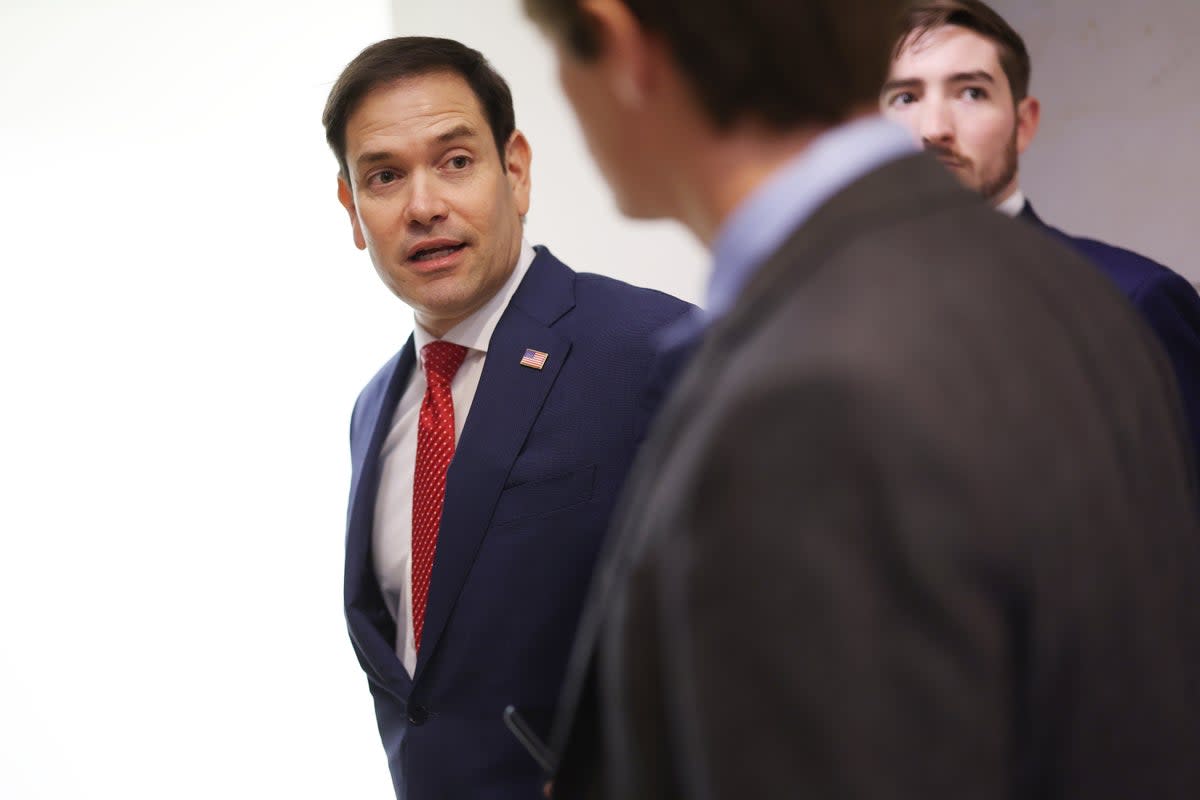Republicans hope to keep up child poverty to reelect Trump

The death of Build Back Better in 2021 disappointed Democrats for many reasons. One of the primary reasons was that it signaled the end of the expanded child tax credit that passed in the American Rescue Plan, the Covid-19 relief legislation that President Joe Biden signed at the beginning of his presidency. But that happened largely thanks to opposition from Senator Joe Manchin of West Virginia, who is now retiring.
Democrats saw expanded Child Tax Credit as an overwhelming success, given that it slashed child poverty by roughly 40 per cent. And on Wednesday evening, the House of Reprsentatives included it as part of a bipartisan tax deal that included various tax credits for everything from low-income housing, research and development, and communities hit by diaster. The packaged bill passed overwhelmingly, with 357 votes, and only 70 votes against it.
Senator Ron Wyden, the chairman of the Senate Finance Committee, said the vote gave him “357 reasons” to be optimistic. Wyden is often a happy warrior who helped bring Manchin onboard for the Inflation Reduction Act. He also worked with the Trump administration to expand unemployment insurance during the pandemic. The tax package with an expanded child tax credit would be just his latest anti-poverty policy to pass.
Senator Cory Booker of New Jersey, another jovial legislator who cares deeply about the child tax credit, told me that he especially liked the fact it was moving to give a benefit per child.
“Some of [the people who qualify] will get double the amount or triple the amount depending on how many children,” he said.
But there are signs that the legislation will face massive opposition in the Senate, where it would require 60 votes.
Senator Chuck Grassley, the most senior Republican in the Senate, said to Semafor that “passing a tax bill that makes the president look good mailing out checks before the election means he could be reelected and then we won’t extend the 2017 tax cuts.”
Grassley’s words essentially gave away the game: The GOP doesn’t want to give Joe Biden a “win” right now, even if it means including priorities they like — namely, credits for business and R&D.
Senator Mitt Romney of Utah, usually the most amenable to working with Democrats and who authored his own child tax credit plan in 2021, said he was not inclined to support the plan.
“I had a plan that got help to people for children, but it was entirely paid for, but this is new spending and it's another entitlement added to the trillions we already have,” he said.
Understandably, Democrats are upset about the obstruction.
“Everything's politics with this crowd now — everything on the border, everything with child tax credits,” Senator Sherrod Brown of Ohio, a Democrat running for reelection in a tough race and a major proponent of the credit, told me.
“It sounds sounds an awful lot like they're more concerned about the Republican Party than doing right for the country,” Senator Jon Tester of Montana, another Democrat up for reelection in a red state, told The Independent.
Not all Republicans are opposed to it. Senator JD Vance of Ohio, perhaps the most pro-Trump Senator on the Hill, said he liked the child tax credit. Senator Todd Young of Indiana said, “I think the merits outweigh that demerits.” Senator Roger Marshall said it would help farmers in his home state of Kansas and added that child care is a major problem.
“I would love to have stronger work requirements, but unfortunately, we don't control the White House,” he said. “We barely control the House. We don't control the Senate. And I think that the benefits of this bill outweigh the downside.”
This type of thinking does not permeate throughout much of the rest of the Senate Republican Conference. Senator Thom Tillis of North Carolina, normally an interlocutor with Democrats on everything from guns to same-sex marriage, said he had a major problem with how to pay for the tax credit — despite the fact he supports the research and development tax credit and the low-income housing development.
Tillis said that the Senate might be moving too soon if it’s going to push forward with Democratic priorities like a child tax credit without robust enough work requirements or without sufficient money to pay for it. He added that if the Senate votes on the package, it should also renew tax credits that expire next year.
Ironically, though, Mr Tillis, who spent the latter part of 2023 negotiating the Ukraine-immigration bill, is voicing the same criticisms Democrats made about Republicans back then. In the Ukraine negotiations, Democrats complained that Republicans were not willing to give anything in exchange for immigration restrictions.
In the same way, Republicans finding ways to delay extending tax provisions — including ones they like — shows how they are focusing more on political ends than actually changing policy.


